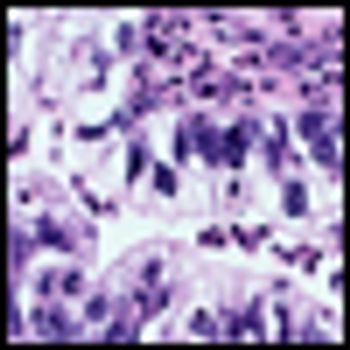
Addition of a Janus kinase 2 (JAK2) inhibitor to therapies that target commonly altered oncogenes such as KRAS or EGFR could improve clinical outcomes for patients with non–small cell-lung cancer.

Your AI-Trained Oncology Knowledge Connection!


Addition of a Janus kinase 2 (JAK2) inhibitor to therapies that target commonly altered oncogenes such as KRAS or EGFR could improve clinical outcomes for patients with non–small cell-lung cancer.
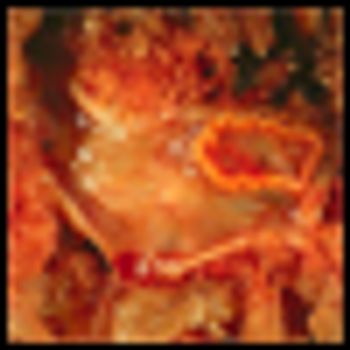
Selumetinib, a small-molecule MEK inhibitor, controlled recurrent low-grade serous ovarian cancer in 81% of patients treated. Current first-line defense against this disease (surgery followed by cytotoxic chemotherapy) has met with limited success.

Development of a novel method for drug discovery using active compounds as pharmacodynamic biomarkers in triple-negative breast cancer cell lines.
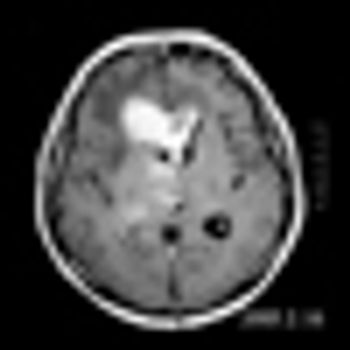
Hypofractionated stereotactic radiotherapy (SRT) appears to be safe and effective in preventing recurrence at resection cavities following surgical resection of brain metastasis and may spare many patients from whole brain radiotherapy (WBRT) and its adverse effects.
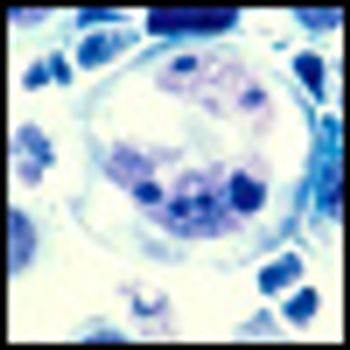
A combination of TL32711, an investigational second mitochondrial-derived activator of caspases (Smac), and tumor necrosis factor-related apoptosis inducing ligand at low concentrations produced marked apoptosis in germinal center lines, with minimal to no effect for each agent alone.
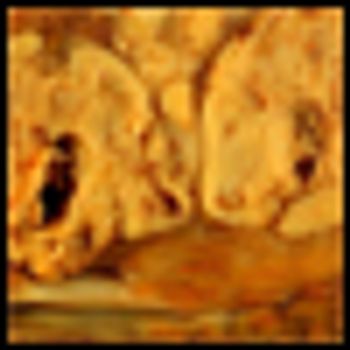
Treatment with tremelimumab stabilized patients with advanced hepatocellular carcinoma due to chronic hepatitis C infection for more than 12 months, according to data from a phase II clinical trial presented at the AACR annual meeting.
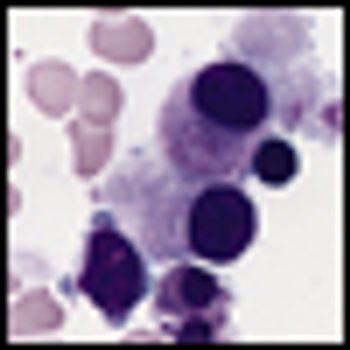
Preliminary findings of a phase I/II randomized clinical trial indicate that SGI-110, a novel DNA methylation inhibitor, is safe, well tolerated and efficacious in patients with acute myelogenous leukemia.

Use of neoadjuvant metformin prior to radical prostatectomy helped to reduce metabolic effects and slow the growth rate of cancer in a single-center phase II study conducted among men with confirmed prostate cancer.
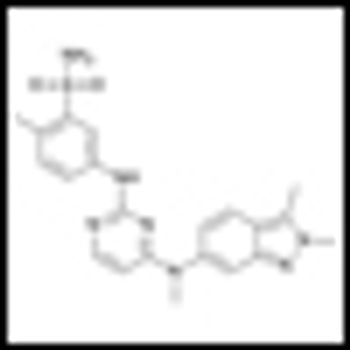
The antiangiogenic agent pazopanib demonstrated clinically meaningful activity in patients with refractory urothelial cancer in a phase II proof-of-concept study, identifying pazopanib as the first targeted compound to have clinically meaningful activity in patients with refractory urothelial cancer.
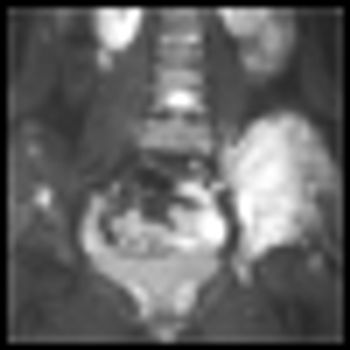
A combination of cixutumumab, a type 1 insulin-like growth factor receptor inhibitor, and temsirolimus, a mammalian target of rapamycin (mTOR) inhibitor, showed evidence of activity in refractory Ewing’s sarcoma tumors as well as small-round-cell tumors in a phase I multicenter clinical study.

DENVER-Candidate genes and epigenetics are key components in the effort to develop and deploy personalized cancer prevention and treatment. Several studies at AACR 2009 took a closer look at both those research pathways.

Forget the theory of diminishing returns: If one is good, then two must be better. As a result, cancer researchers are turning their attention to combination therapies, particularly for blocking tumor signaling pathways.

Denver—By supporting the growth of blood vessels that absorb nutrients and oxygen, angiogenesis allows tumors to progress from clonal populations to cell masses that can expand and ultimately metastasize. This is a well-established concept, but some of the premises underlying anti-angiogenic drug development are now being revised, according to Luisa Iruela-Arispe, PhD, of the molecular, cell and developmental biology department at the University of California, Los Angeles.

DENVER—From angiogenesis to adhesion molecules to stromal factors, studies on the microenvironment offer a closer look at the cellular networks behind cancer. The microenvironment can also influence the body's access to therapeutic drugs and its ability to process those drugs.

DENVER—Designer T cells that attack tumors with a vengeance could be the future of prostate cancer treatment. Although the results are very preliminary, the incorporation of designer T cells into prostate cancer treatment led to a significant reduction in PSA levels, according to researchers from Boston University School of Medicine in Providence, R.I.

DENVER—In 1974, Joseph Fraumeni Jr., MD, MSc, served as a member of the AACR annual meeting program committee. “At the time, epidemiology did not have a prominent place on the program,” Dr. Fraumeni said during the grand opening session of the 2009 AACR meeting. “In fact, only one abstract related to epidemiology was submitted, and it was mine. Since it was assigned to me for review, I promptly accepted my presentation.”